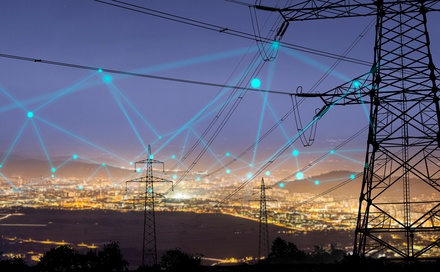Eurofer: Unlocking investment in industrial transition cannot wait any longer
by David Fleschen

The 90% target recommended today by the European Commission demands an unprecedented transformation of EU society and industry in just 16 years. The steel industry is already playing its role but there is not yet a clear business case for the transition, and investments remain worryingly low. Rather than focusing on an abstract debate on target-setting, the EU needs a concrete problem-solving approach that delivers urgently an investment-friendly framework with affordable energy and an international playing field at its core, says the European Steel Association.
“The EU steel industry backs the EU climate neutrality objective by 2050 and has launched over 60 projects that will deliver major emission reductions by 2030 if supported effectively. A 90% headline target for the whole of the EU by 2040 means almost a full decarbonisation of energy intensive industries such as steel. In the absence of the right enabling conditions and of a drastic ramp-up of investments required for the transition, such a target puts the economic and technical feasibility of EU climate policy and its interaction with other policies such as energy, trade and competition to the test. This could contribute to deindustrialisation, thus undermining the EU’s resilience and strategic autonomy”, pointed out Axel Eggert, Director General of the European Steel Association (EUROFER).
“The implementation of the 2040 target needs a deeper impact assessment than the one presented today, using a bottom-up approach to identify the way we achieve it and taking into account international competitiveness. Climate ambition must be delivered through innovation and investments in Europe rather than deindustrialisation. Legislation needs to have checks and balances to verify this is the case”, he added.
Firstly, closing Europe’s competitive gap by ensuring access to affordable clean electricity and hydrogen in unprecedented quantities, as well as to the necessary raw and secondary materials, is imperative. The EU steel industry’s decarbonisation alone would require the equivalent of today's total electricity consumption of France.
Secondly, despite the progress at COP28 in Dubai, climate ambition remains divergent across the world, and new investments are often not consistent with the announced ambition. “For instance, additional non-market global capacity for 150 million tonnes of steel production is planned by 2026, with most investments in third countries focusing on carbon-intensive technology. Therefore, an assertive trade policy levelling the playing field with other regions that do not share the same climate ambition is indispensable, including an effective Global Arrangement on Sustainable Steel and Aluminium”, added Mr Eggert.
Finally, the EU needs an innovative, comprehensive industrial policy that effectively mainstreams industrial competitiveness across all policy areas, delivering a business case for low-carbon investments and creating lead markets for their green products, while also taking into consideration positive examples from third countries, such as the U.S. Inflation Reduction Act.
“With their integrated innovation ecosystem across the full manufacturing value chain, European steel companies have already identified the technological solutions for the transition to climate neutrality. However, as acknowledged also in the Commission Communication, the enabling conditions still fall short. In view of the next legislative cycle, we call on the EU institutions to urgently put in place an investment-friendly framework for a successful industrial transition in Europe. Europe can only be stronger with an industrial base in Europe”, concluded Mr. Eggert.
Source: Eurofer, Photo: Fotolia

